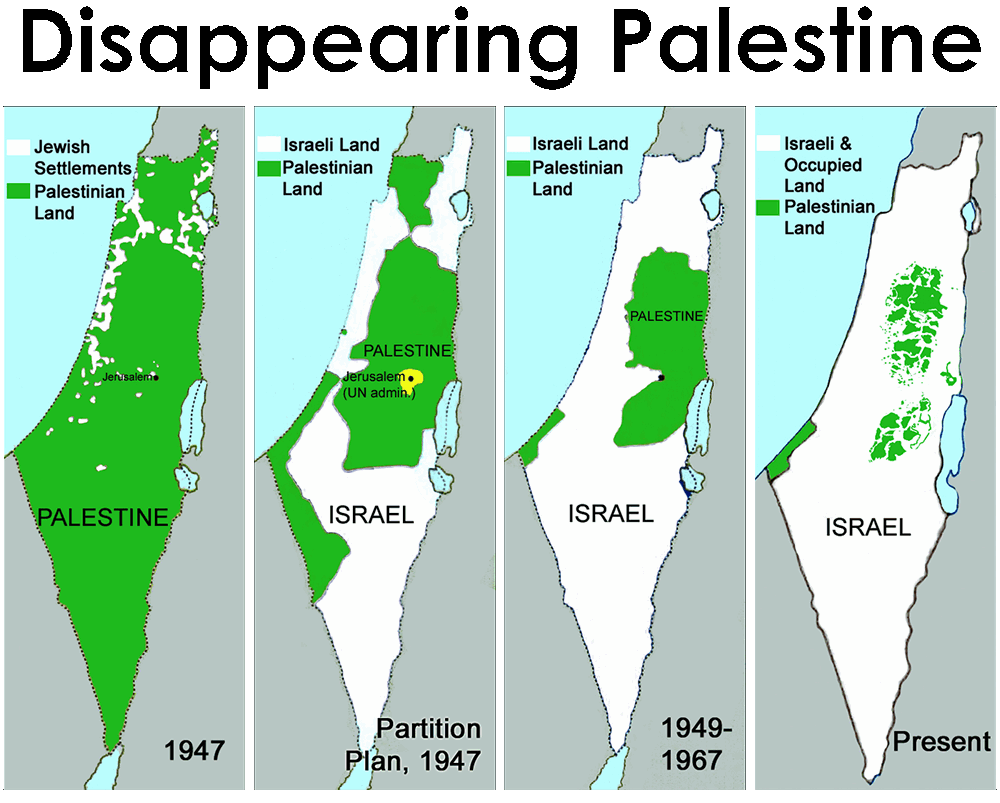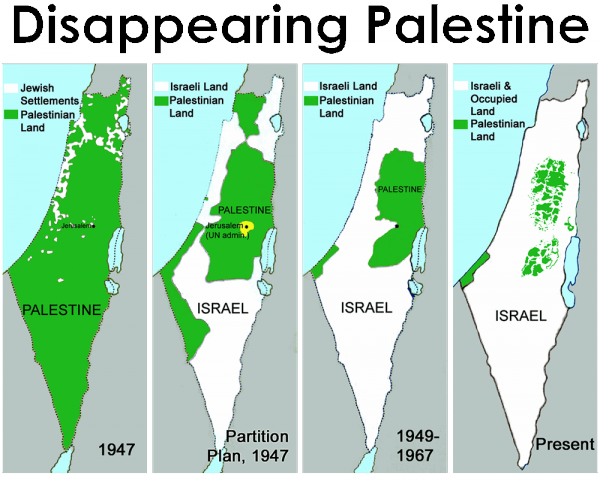In the midst of another ceasefire, the Israeli-Gaza conflict continues to receive extensive international attention. However, it is important that discussion around this conflict considers the ways that violence in Gaza and the West Bank exists not only through military aggression, but also through the structural ways that impact everyday Palestinian life.
Structural violence is a type of violence that manifests via unequal power relations, extends over time, is dispersed across society and prevents people from meeting basic human needs. The absence of an apparent actor or specific event means structural violence is rarely acknowledged. However, it is impossible to end the injustice and inequalities Palestinians face unless we consider all dimensions of violence in society.
Structural Violence in Occupied Palestinian Territories
In Israel’s occupied Palestinian territories, the apartheid system translates to an Israeli state that controls virtually every aspect of Palestinian life. Consequently, a steady, smoldering violence goes unacknowledged during times of perceived peace, meaning peace never truly materializes.
Take for instance Israeli checkpoints, which have been described as burdensome, especially at night when security measures intensify. Empirical studies identify checkpoints as a central factor inhibiting Palestinian access to higher education since many Palestinian university students must work during the day and enroll in night courses. Additionally, power outages inhibit Palestinians’ education.
With respect to health care, research conducted in 2005 found that 18% of Palestinians in the West Bank traveling to attain emergency medical care were delayed – sometimes for hours – at Israeli checkpoints or occupational detours. Ten percent of Palestinian pregnant women en route to maternal facilities have been delayed at Israeli checkpoints for 2-4 hours.
Israel’s rigid control over resources moving in and out of the occupied Palestinian territories makes Palestinian economic development virtually impossible. One in four Palestinians in the West Bank and over half in Gaza have been classified as food insecure. Unemployment rates among Palestinians in the labour force have stood at 16.5% in the West Bank and 33.9% in Gaza. In 2007, 47% of Palestinians in the West Bank and 77% in Gaza were living below the poverty line, earning less than $2 per day, per person. In the West Bank, Israeli settlers consume nine times more water than Palestinians, and due to low water consumption, Palestinians in some sectors of the West Bank are dangerously susceptible to epidemics.
The cumulative effects of poor access to education, health care, economic development and other resources stemming from Israel’s apartheid system insure that a massive amount of life lost occurs amongst the indigenous Palestinian population.
Israel’s infant mortality rate stands at 3.0 per 1,000 livebirths; for Palestinians, the comparative rate is 27.6 per 1,000. Palestinians’ average life expectancy is 72.8 years; the corresponding Israeli rate is 81.6 years. These critical social disparities are typically lost in the discourse when the more visceral violence slows, though these forms of structural violence are perhaps equally, if not more devastating.
Colonial Violence is Structural Violence
Structural violence imposed upon indigenous peoples has distinct colonial ties and insures indigenous populations stay pushed to society’s margins. Research here in Aotearoa New Zealand finds that Maori experience greater discrimination in health care settings than any other ethnic group. In Australia, life expectancy for Aboriginal and Torres Strait Islanders is 10.6 years less than non-indigenous persons. Native Americans in the United States experience severely high unemployment. Without rendering indigenous peoples helpless victims, these trends illustrate how colonisation exacts structural violence on indigenous peoples whether war is transpiring or not.
It is vital that the international community acknowledge how structural violence transpires during periods of relative calm and pressure contemporary colonial states to alter the conditions that perpetuate colonial inequalities.
As long as Israel maintains its economic and political stranglehold on Gaza and the West Bank, systemic and disproportionate Palestinian life lost will persist. Racial discrimination will persist. Colonial, structural violence will persist. The visceral violence in Gaza must serve as a reminder of the violent indignities Palestinians and other indigenous peoples experience regularly during times of war and so-called peace.
David Mayeda is a lecturer in Sociology at the University of Auckland.
Raagini Vijaykumar is an undergraduate student in Sociology and Law at the University of Auckland.






